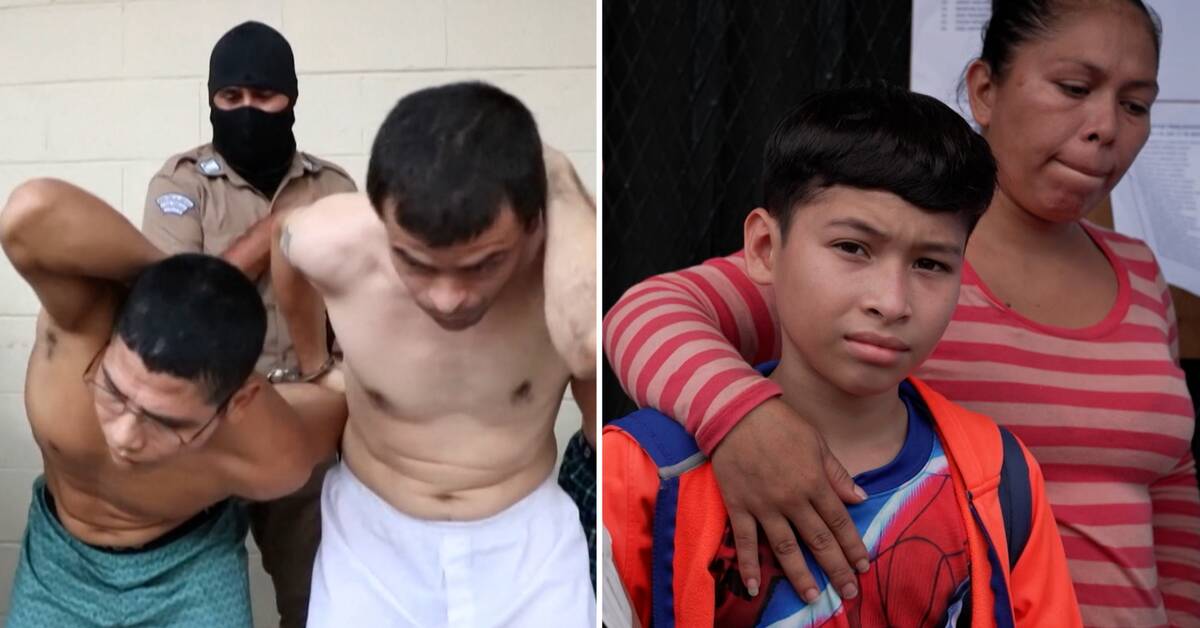El Salvador's President Nayib Bukele called on the country's Congress to issue a state of emergency on March 27 following a wave of assassinations in the country.
The day before, 62 people had been murdered in one day.
It was the bloodiest day in El Salvador since the end of the Civil War 30 years earlier.
In May, the news site El Faro was able to reveal that Bukele's government had secretly negotiated with the criminal gangs to keep the violence down.
It was after the secret pact collapsed that the gangs carried out their assassination wave - and the government responded with a state of emergency.
Doubled in three months
According to the authorities, 46,120 people have now been imprisoned under the state of emergency.
This means that the number of prisoners in the country has doubled in three months.
Mother Reina and son Alex are some of the thousands of Salvadorans gathered outside the country's overcrowded prisons and prisons to seek answers to what happened to their arrested family members.
- He was not a gang member or anything like that.
They took him away from me, says Alex, whose father was arrested by the police.
- It is very difficult, because we do not get to know anything.
They should do more thorough investigations because now they are apprehending the innocent, says Reina.
Suspects can be arrested without explanation
With the exception laws, suspects can be arrested without explanation and they are deprived of the right to legal defense.
Freedom of assembly and communication is also limited and journalists who spread information from the gangs risk being sentenced to 15 years in prison.
Opinion polls show that a clear majority of the population continues to support President Bukele's policies and state of emergency.
Congressman Ernesto Castro, who belongs to the ruling party, says the state of emergency should be made permanent.

